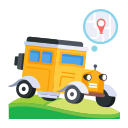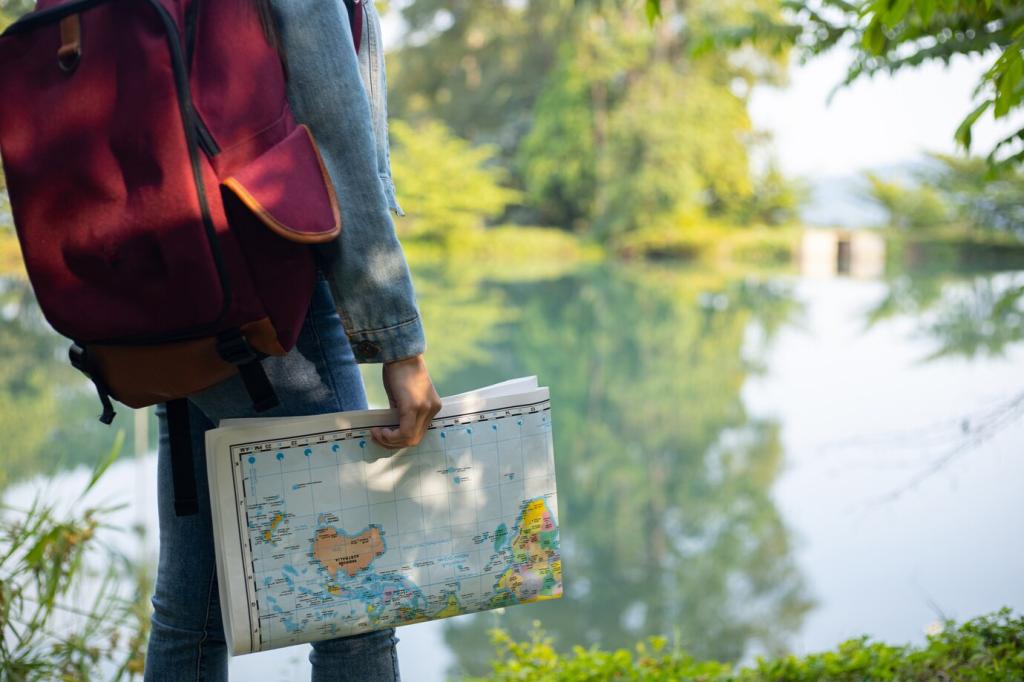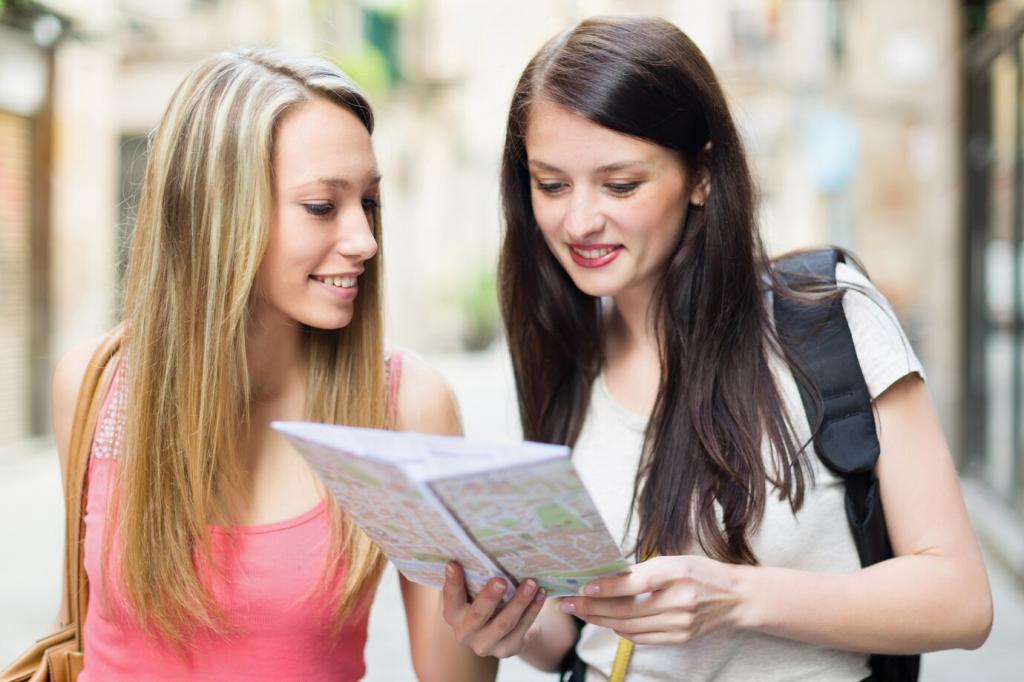Unlock Funding: Discounts, Grants, and Community Support
Local foundations, civic clubs, and school partnerships often sponsor projects tied to service, research, or language learning. A concise proposal connecting curriculum targets to community benefits can open doors. Encourage students to co‑author applications for ownership.
Unlock Funding: Discounts, Grants, and Community Support
Leverage student cards, teacher associations, and museum educator programs. Group reservations often unlock free chaperone admissions and workshop bundles. Contact learning departments directly; they love purposeful visits and sometimes create custom sessions at reduced cost.
Unlock Funding: Discounts, Grants, and Community Support
Tell a compelling story: what will students discover, produce, or present afterward? Showcase outcomes—poster sessions, podcasts, or exhibits—to inspire donors. Invite readers to comment with fundraising ideas or collaborate on shared resources and templates.




